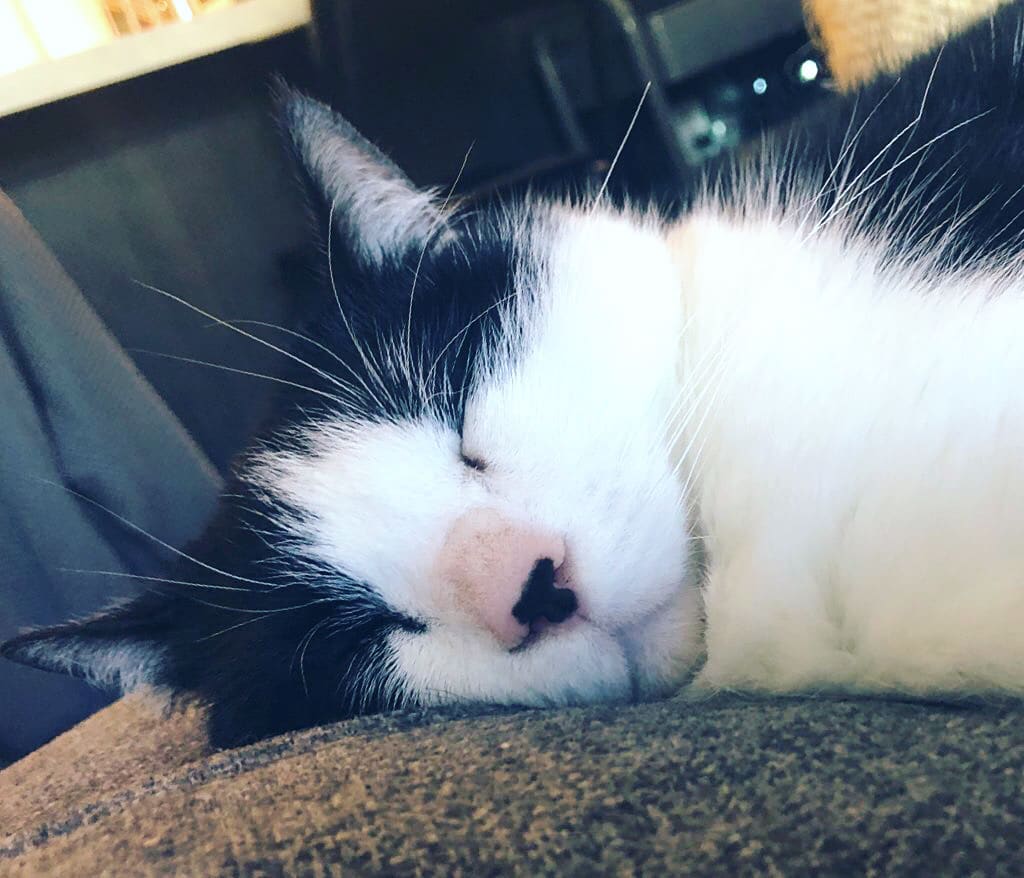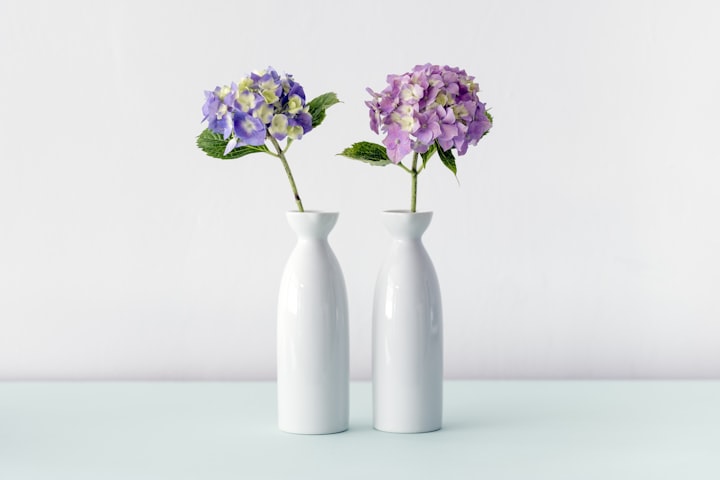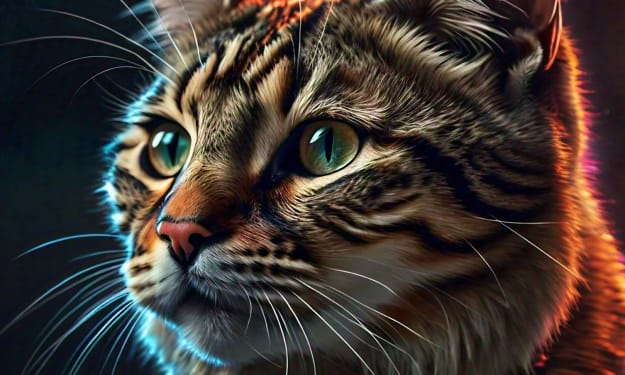
My childhood was a mixed bag. I mostly have early memories of living in unsavory conditions and of repeated abuse at the hands of my biological father, but I also remember my mother’s marriage to my step-father, moving into a beautiful house, and my family suddenly having money. We travelled a lot. My siblings and I got left behind in a lot of Las Vegas hotel suites while our parents gambled and partied and their friends picked fights with WWE wrestlers. That last part isn’t important, but it’s a fun little tidbit. Their friend was fine, if you don’t count the broken nose.
Maybe the bag isn’t as mixed as I try to make it seem. I mean, my mother was emotionally unavailable, I suffered further repeated abuse by my brother, and had contemplated suicide before I even reached my teens. Depression and anxiety had me in their hold and they weren’t letting go no matter how long I hid under my covers at night. I didn’t have many friends, and I had even less after I came out as gay in middle school - not that I’d want to keep people like that around regardless, but as a child, it was world-ending. I don’t want this to sound like a pity-party for one. Truthfully, I have good memories from my life growing up, but the thing is - most of those memories are of me alone in my room, or on an adventure in the woods near our house.
People were hard to deal with, and I think they felt the same way about me, too. I was debilitatingly shy, nearly mute most of the time, and in my younger years (roughly ages 5 - 11) I didn’t yet know how to hide my disinterest in conversations. if I didn’t like something, I just stopped engaging with it, at least internally. I also had a habit of sneaking around the house looking for food to bring back to my room, instead of voicing that I was hungry. In my own defense, I never reliably had my needs met, and even as a 7 year old, I was subconsciously aware that I couldn’t rely on the people I lived with to meet my needs. Then, at a certain point nearing the beginning of my teen years, something clicked in my head that told me I didn’t work the way other people did, and that I would have to try harder than everyone else to seem normal.
I didn’t know the word for it at the time, but I’d discovered the concept of masking. I dove head-first into this revelation, buying psychology and sociology books any chance I got and studying how everyone else worked. I people-watched. I took notes. I had notebooks with the pages filled with default dialogue options and poured over them at night, memorizing what I should say at which times, and what was an appropriate response during various conversations. I had been described as charming by one of my English teachers, and that’s when I knew I was on the right track. I was smart, and I knew that even with my disadvantages, I was operating at a socially acceptable level now. Well, most of the time.
See, the thing about masking is that it can’t last forever. Sooner or later, that facade is going to fall, and you’re going to hit Terminal Burnout. This can be avoided in the short-term by getting enough alone time in which you can just be your weird self and skirting just on the safe side of your boundaries as often as possible, but it’s a balancing act, and even my years of gymnastics couldn’t have prepared me for my greatest challenge yet:
The service industry.
Now, listen, I know many autistic people who function just fine in the workforce - even in food service, and customer care, and car sales. However, no matter how earnestly I tried to be, I am not one of those people; it took 4 years of pretending that I don’t have emotional or physical needs before I came to that conclusion, and even now I still haven’t fully accepted this reality. Every other day I tell myself that I’m being lazy, or dramatic, or just letting my anxiety get to me - I come so close to convincing myself that I could be one of those people working their typical jobs and doing just fine. Then I have flashbacks to the time I kept a food service job for way too long and effectively broke my own brain. That usually kicks the feeling of inadequacy, and replaces it with something a little to the left of insufficiency, closer to where I keep my shame.
Even in the short time since my autism diagnosis, I’ve had people close to me say things along the lines of “you shouldn’t let this limit you” or “you can do anything you put your mind to” or my personal favorite “this doesn’t change who you are.” That’s true - my diagnosis hasn’t changed anything fundamental about me. What it has done, however, is help me accept aspects of myself that have always been present, but that I’ve tried to suppress and ignore because of the shame that comes with admitting you aren’t quite as capable as the people around you. And I don’t say this to be self-deprecating. My brain chemistry and internal wiring are different, period. It’s called “neurodiversity” for a reason, and ignoring those differences is damaging to neurodiverse individuals in a way adjacent to insisting that neurodiverse people are helpless and incapable of thinking for themselves. The idea that neurodiversity is a monolithic hivemind with no diversity of thought and experience is rooted in ableism and lack of understanding, whether through genuine ignorance or malicious refusal to understand when the opportunity for education comes.
I try not to assume malice when there’s ambiguity of intention, but the heightened sense of vigilance is something I carry in my back pocket everywhere I go. It’s taken on a new form ever since my diagnosis - one that peeks out from behind me to observe the expressions of strangers, searching for hints of venom in the twitch of a smile, the quirk of a brow. Vigilance follows me to my parent’s dinner table, too, hoping that it doesn’t have to show its face. It does anyway. Maybe some things do change after diagnosis.
About the Creator
Cat Bog
I’m an autistic, lesbian writer with a penchant for short, engaging essays on mental health and neurodiversity, as well as LGBT short stories, and poetry.






Comments
There are no comments for this story
Be the first to respond and start the conversation.